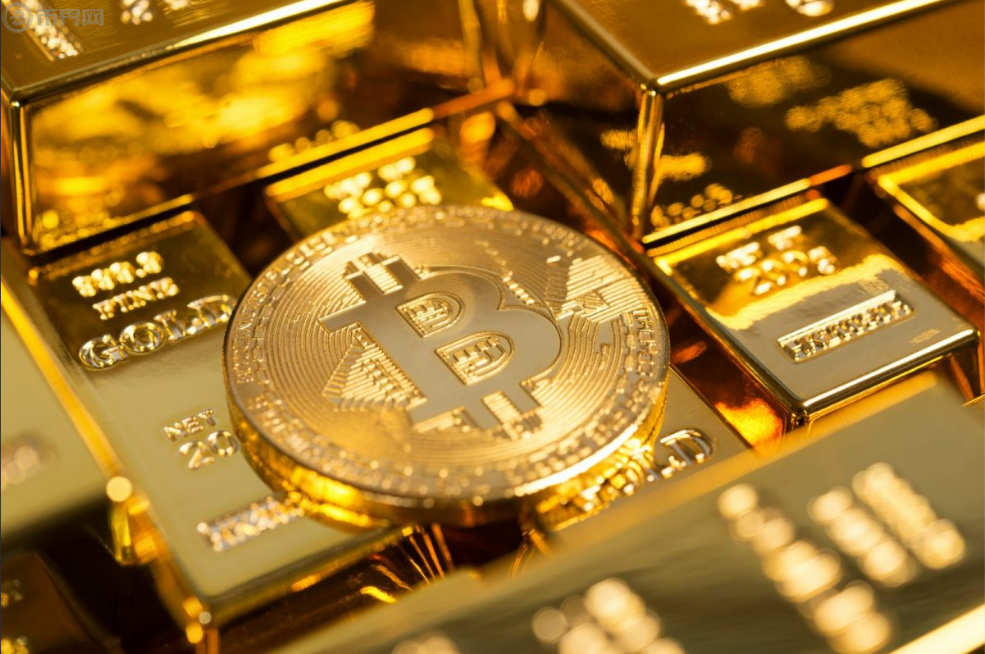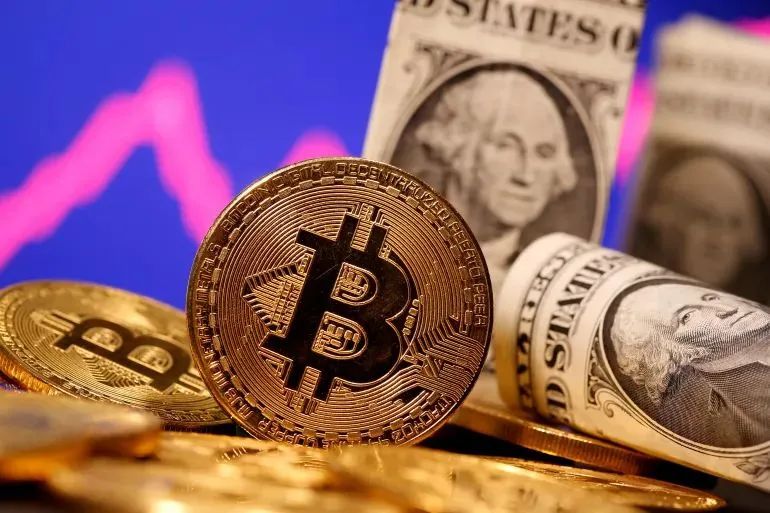16 years after its birth, what is the biggest risk of Bitcoin?

Reprinted from panewslab
01/10/2025·1MAuthor | Mu Mu
Produced by | Vernacular Blockchain
For many years, there has been a saying in the encryption field: "The biggest risk of Bitcoin is the inability to hold it." In essence, "the inability to hold it" is a problem of poor cognition and information. Sixteen years have passed since the birth of the Bitcoin genesis block, and many people still feel that Bitcoin is “ethereal” and are worried. Rather than discussing "what is the biggest risk of Bitcoin", it is better to discuss whether people's biggest worries about the existence of Bitcoin are unnecessary...
01. The “virtual” attributes of crypto assets
Crypto-assets such as Bitcoin have always had a classification that the crypto community considers to be somewhat negative: “virtual” assets. When people mention the word "virtual", they will naturally have an "elusive" feeling, which does not sound like something "regular" or "serious" at first glance. Therefore, opponents have a point of view: virtual assets have no credit endorsement, currency must be based on credit and physical exchange, and virtual assets are ultimately a dream.
The reason why the above-mentioned views are deeply rooted in the hearts of the people is indeed reasonable, because according to common sense, the US dollar or the Japanese yen is backed and guaranteed by the national credit of the United States and Japan, and has stable purchasing power. Crypto-assets of unknown origin naturally do not have these guarantees, so how can they be trusted?
In fact, this view ignores the technical value behind crypto assets and does not clarify what "consensus" is. For example, concepts such as blockchain technology, Web3, and decentralized finance have already shown practical results in global payment, clearing and other fields. The value of practical applications. More importantly, the value “consensus” behind crypto-assets and the consensus generated by credit endorsement are essentially the same thing.
The reason why currency needs credit endorsement is because the structure of human society is complex and requires a unified and powerful centralized organization to act as a credit intermediary to provide a consensus basis. For decentralized things, it is like gold, river stones, etc. Natural resources and physical properties are based on their natural consensus. Even if there is no national credit endorsement, everyone agrees that stone is hard, gold is always shiny, does not rust, and is valuable. This is also the basic principle why ancient human society was able to use shell coins, stone coins, and gold as currency.
In short, what determines whether something is valuable is not whether it has credit endorsement, but because it has consensus.

02. American harvesting tools?
In recent years, as a global financial center, the United States has increasingly had a say in crypto-assets. Not only are crypto assets priced in U.S. dollars, but hundreds of billions of dollars have flowed into crypto asset spot ETFs listed on U.S. stocks. A large number of U.S. listed companies and financial institutions hold Bitcoin. Now the new president who is about to take office also has an interest in U.S. crypto assets. The advantages are “inevitable”.
While the United States is increasingly regulating and controlling crypto-assets such as Bitcoin and the upstream and downstream of the market industry, people are also beginning to worry and even think that it will become a tool for the United States to harvest the world, just like the U.S. dollar.
This worry is indeed not unreasonable. The greater the voice, the more it can influence the encryption market, so it is only easy for global retail investors to be "harvested". Referring to the previous U.S. harvest logic, the United States has attracted global funds into the virtual currency market through financial innovation and dollar hegemony. If the price of crypto assets plummets, it may eventually cause capital to flow back into U.S. dollar assets. This is indeed consistent with "dollar harvest" to a certain extent. logic.
Of course, this concern also has its limitations, because crypto-assets such as Bitcoin and Ethereum are not actually initiated and led by the United States, but are driven more by bottom-up "changes" by private forces through technological innovation. Wall Street and other capital in the United States also started to deploy crypto assets such as Bitcoin after they matured. Therefore, this is not a "conspiracy" planned by the United States in advance, but an area born of technological development and market demand.
In addition, public blockchains such as Bitcoin and Ethereum are technically unlikely to be controlled. Even if some mining pools and service agencies are deployed in the United States, after all, their distributed nodes are widely spread around the world. Even if the relevant U.S. departments can Local nodes are restricted from conducting actions such as reviewing transactions through supervision or regulations, but overseas nodes can still submit and publish transactions. Just like gold mines all over the world, local departments can order local gold mines to stop operations, but they cannot order or influence the operation of gold mines in other regions at all.
Furthermore, the reason why the United States controls the world through dollar hegemony is because it has absolute control over the dollar. But can the United States control Bitcoin the same way it controls the dollar? No, but the United States can dominate Bitcoin in the same way it dominates the world's mainstream assets and modern technology such as gold and oil.
On the contrary, the United States can also marginalize Bitcoin to a certain extent within a certain range, but it cannot kill it (if it could, it would have died hundreds of times). Of course, given the bundled interests, it is unlikely that the United States will do the opposite and sacrifice the interests of Wall Street capital, at least not until it is divorced from its own interests.

03. Financial inequality and unlimited issuance?
Some people say that it is unfair to ordinary people now compared to early participants? That is financial inequality among large segments of the population. In fact, the Bitcoin network and community information are open and fair. As a public blockchain, it lies like a public resource. Anyone can check the information and submit transactions to its network, but some people do not want to know about it. It's just about accepting new things and not wanting to take a step forward.
Others say that Bitcoin’s upper limit of 21 million does not exist because its smallest unit is satoshi, so it is almost unlimited.
This is a bit strange point of view. The unit change has nothing to do with the total amount. 1L of water is enough for one person to drink. It cannot be said that it has 1000ML and can be distributed to 1000 people. The units change, but the total quantity never changes.
04. Summary
In general, most people’s “opposition” to Bitcoin is more due to misunderstanding. The "virtual" era has become a thing of the past. From being an insignificant "little player" to becoming a mainstream asset, Bitcoin's consensus and status have become more and more stable over the past 16 years, and it has the strength to compete with gold. The strong intervention of the United States is not a bad thing at present, but there are still many uncertainties, and we need to beware of major shocks. We still believe that encryption and AI will jointly lead the way in reshaping the future of the digital era.


 chaincatcher
chaincatcher